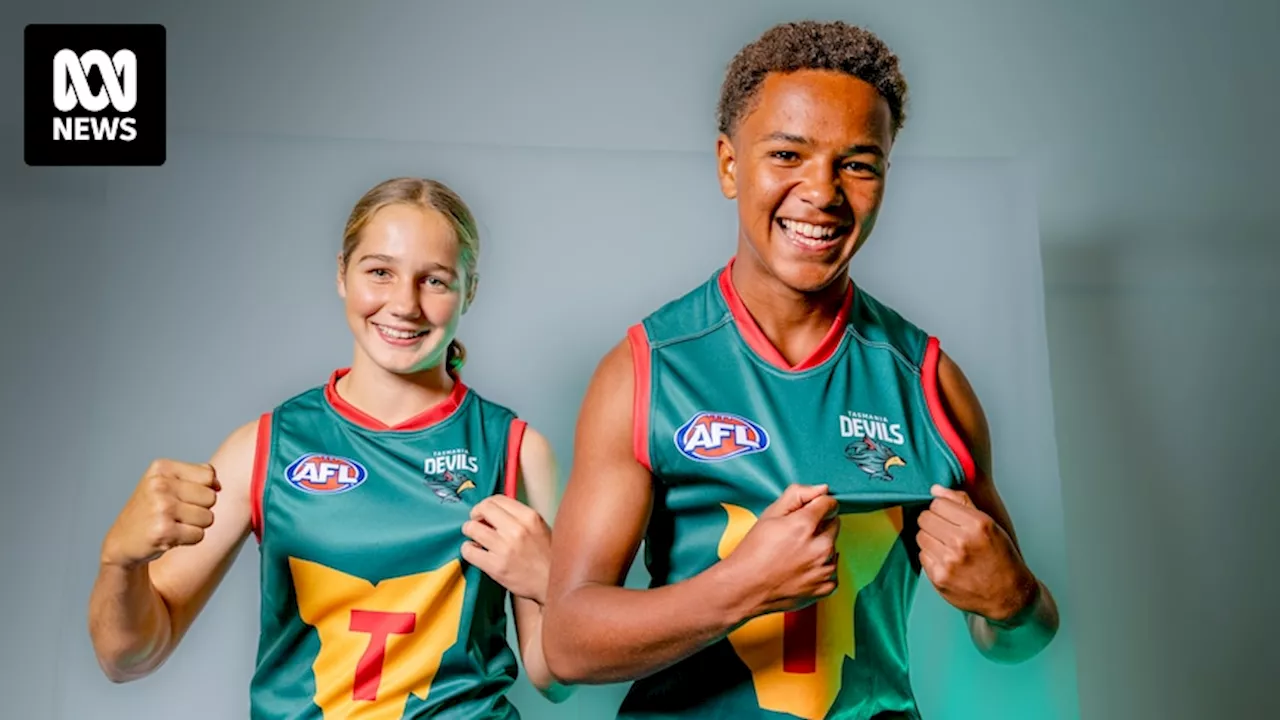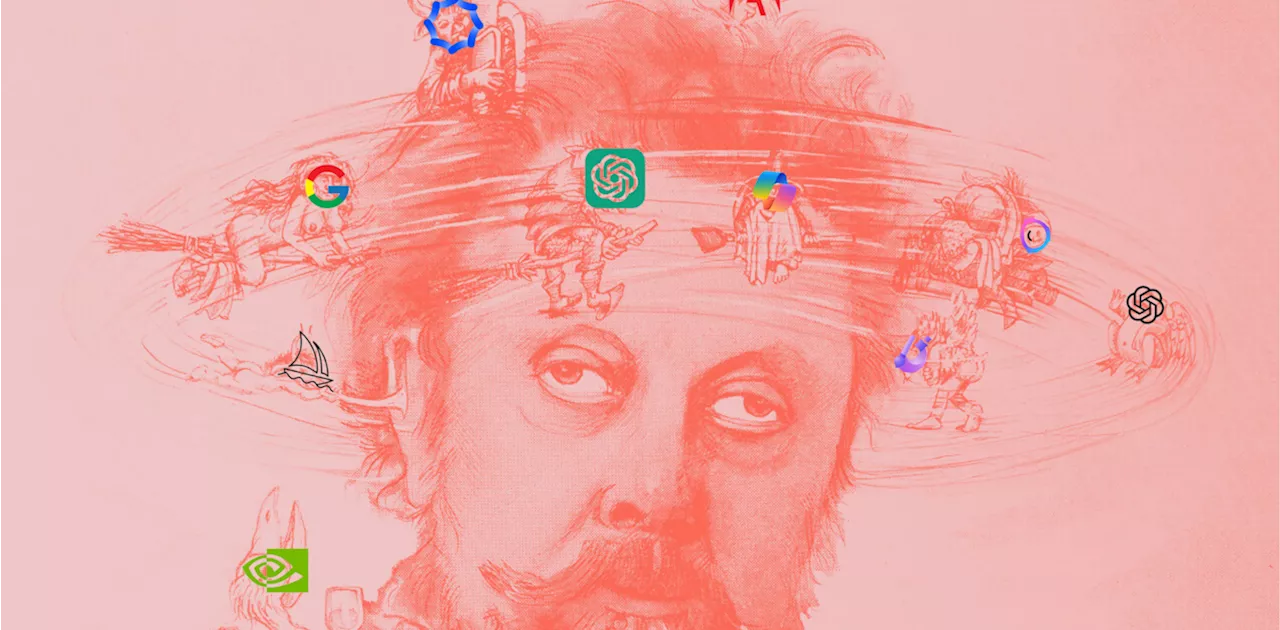AI slop means faster and cheaper content, and the technical and financial logic of online platforms creates a race to the bottom.
Is AI going to take over the world? Have scientists created an artificial lifeform that can think on its own? Is it going to replace all our jobs, even creative ones, like doctors, teachers and care workers? Are we about to enter an age where computers are better than humans at everything? The AI Con: How To Fight Big Tech ’s Hype and Create the Future We Want – Emily M. Bender and Alex Hanna
Step one in this program is grasping how AI models work. Bender and Hanna do an excellent job of decoding technical terms and unpacking the “black box” of machine learning for lay people. But I would suggest that, in many domains, a simulation of thinking is sufficient, as it is met halfway by those engaging with it. Users project agency onto models via the well-known Eliza effect, imparting intelligence to the simulation.
These basic but important questions extract us from the weeds of technical debate – how does AI function, how accurate or “good” is it really, how can we possibly understand this complexity as non-engineers? – and give us a critical perspective. They place the onus on industry to explain, rather than users to adapt or be rendered superfluous.
The pattern repeats. As AI matures and is adopted by organisations, it moves from innovation to infrastructure, from magic to mechanism. Grand promises never materialise. Instead, society endures a tougher, bleaker future. Workers feel more pressure; surveillance is normalised; truth is muddied with post-truth; the marginal become more vulnerable; the planet gets hotter.
AI continues this form of co-option. Indeed, the current moment can be described as the end of the first wave of critical AI. In the last five years, tech titans have released a series of bigger and “better” models, with both the public and scholars focusing largely on generative and “foundation” models: ChatGPT, StableDiffusion, Midjourney, Gemini, DeepSeek, and so on.
For instance, soon after launching, AI image generators were under pressure for not being “diverse” enough. In response, OpenAI invented a technique to “more accurately reflect the diversity of the world’s population”. Researchers discovered this technique was simply tacking on additional hidden prompts to user prompts. Google’s Gemini model also seems to have adopted this, which resulted in a backlash when images of Vikings or Nazis had South Asian or Native American features.
Bender and Hanna wrap up their book with their own responses. Many of these, like their questions about how models work and who benefits, are simple but fundamental, offering a strong starting point for organisational engagement.
Book Reviews Non-Fiction Tech Tech Industry
Australia Latest News, Australia Headlines
Similar News:You can also read news stories similar to this one that we have collected from other news sources.
 What Murray Watt's North West Shelf gas decision means for Woodside's WA operationsThe federal government has green lighted the extension of Woodside's Karratha Gas Plant — this is what you need to know.
What Murray Watt's North West Shelf gas decision means for Woodside's WA operationsThe federal government has green lighted the extension of Woodside's Karratha Gas Plant — this is what you need to know.
Read more »
 A peak in the solar cycle means we're getting spectacular aurora australis sightings — for nowWe've been treated to some stunning aurora australis light displays over the past few days. But the solar cycle means that'll settle down soon.
A peak in the solar cycle means we're getting spectacular aurora australis sightings — for nowWe've been treated to some stunning aurora australis light displays over the past few days. But the solar cycle means that'll settle down soon.
Read more »
 Mexico’s cartels use violence against women as a means of social controlViolence against women is central to how criminal sovereignty in Mexico is exercised and reproduced.
Mexico’s cartels use violence against women as a means of social controlViolence against women is central to how criminal sovereignty in Mexico is exercised and reproduced.
Read more »
 What the political turmoil means for the Tasmanian Devils AFL team and Hobart stadiumThe future of Tasmania's AFL dream is on shaky ground, according to some watching with dismay the political drama unfolding in the state.
What the political turmoil means for the Tasmanian Devils AFL team and Hobart stadiumThe future of Tasmania's AFL dream is on shaky ground, according to some watching with dismay the political drama unfolding in the state.
Read more »
 My son’s death was not in vain: Joe’s Law means lives will be savedThe NSW government has changed the law so that public-private partnership arrangements for the provision of acute hospital services are prohibited. It’s turned our grief into something good.
My son’s death was not in vain: Joe’s Law means lives will be savedThe NSW government has changed the law so that public-private partnership arrangements for the provision of acute hospital services are prohibited. It’s turned our grief into something good.
Read more »
 Bruno Fernandes staying means Manchester United face all kinds of trade-offsSigning Matheus Cunha and Bryan Mbeumo are leaps of faith, as is hoping Ruben Amorim can solve all the problems
Bruno Fernandes staying means Manchester United face all kinds of trade-offsSigning Matheus Cunha and Bryan Mbeumo are leaps of faith, as is hoping Ruben Amorim can solve all the problems
Read more »
